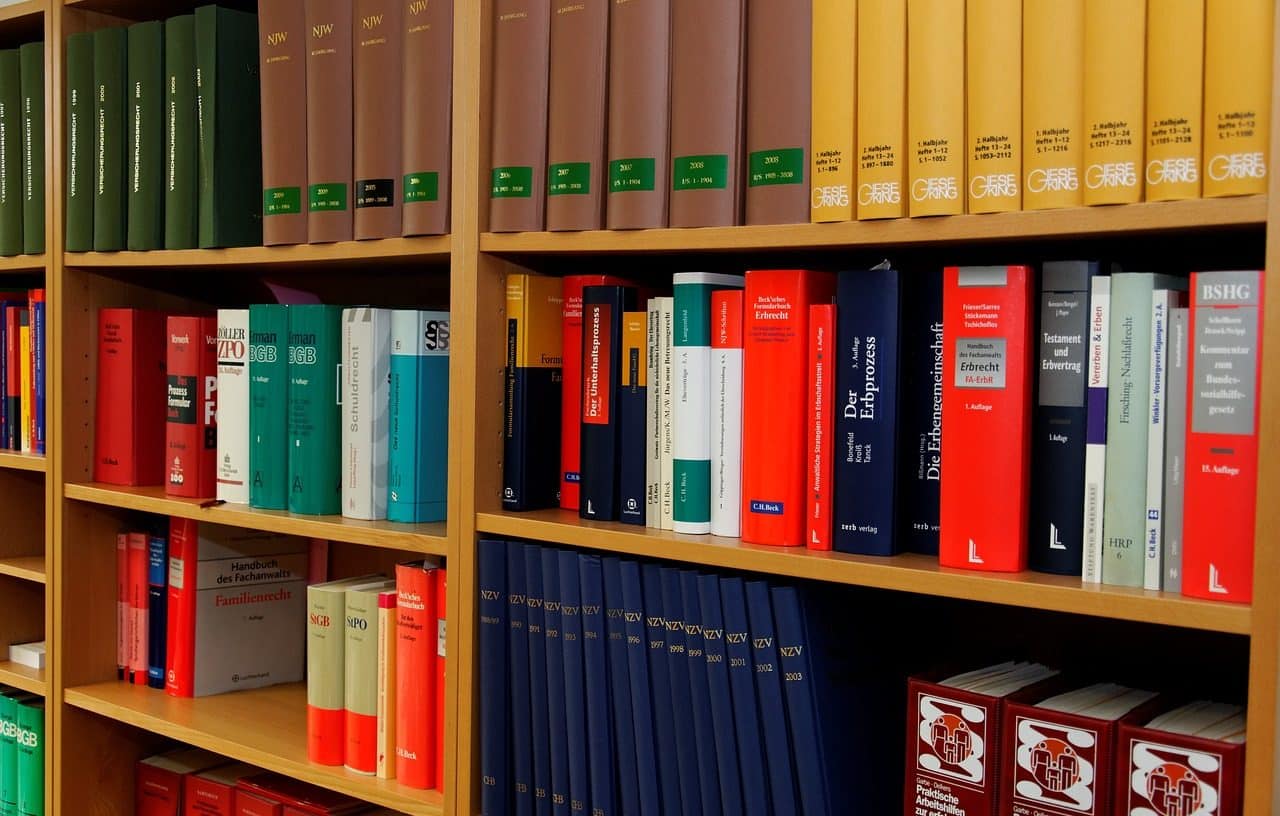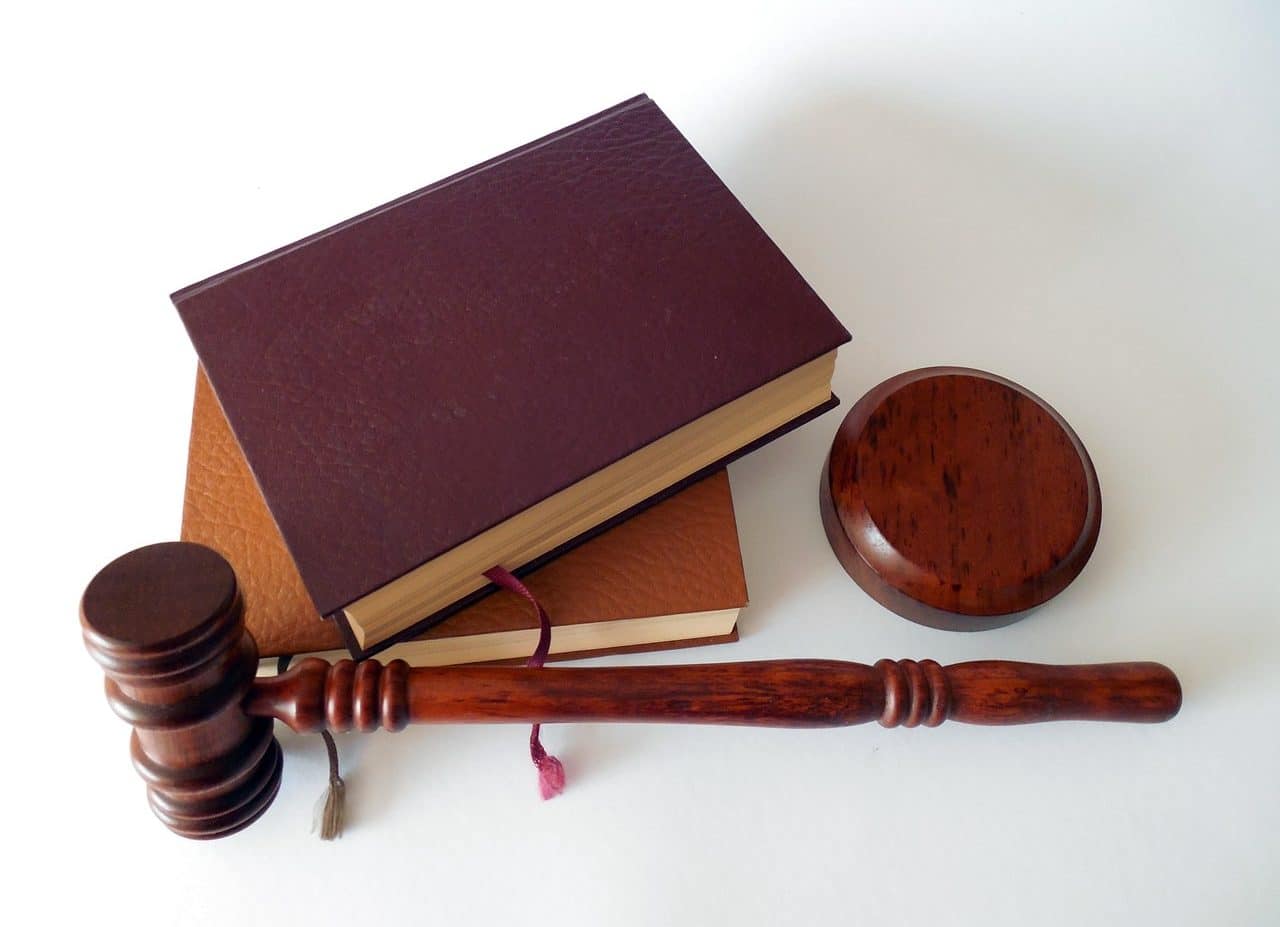
Regulations, regardless of their content and areas of application, are nourished by rules aimed at organizing or regulating activities or behaviors.
A regulation is a group (or a set) of rules established in order to regulate behaviors, conduct or ways of proceeding in a certain activity, subject or sphere. A rule , it should be clarified, is a legal precept that is associated with the ideas of order and regulation , in addition to serving in the field of Law as a synonym for regulations .
It is important to know that, worldwide, there is a wide variety of formal rules or guidelines, each emerging with a specific purpose or function.
There is an abundance of theoretical material that helps to understand what and how these instruments are, where their importance lies, how they are formulated and what are the ways to ensure their compliance. For this reason, in the following paragraphs we will summarize the most relevant and useful aspects of this topic to provide information and contribute to clarifying doubts linked to the fields of application, the scope or the validity of the regulations .
Characteristics of the regulations
Regulations , made up of rules that are established respecting the legislative action established by the Constitution , are born in different environments with the intention of regulating something: it may be the transport sector, the economy, commerce, etc.
It is worth keeping in mind that regulations have characteristics in common with legislation . Both are nourished by impersonal rules or norms , since they are oriented to the community as a whole and not to a particular individual.
They must also be respected and complied with because they are binding and mandatory. Nor should we overlook that the regulations are public (that is why they must be disseminated in ways that reach the entire population), general (that is, of collective compliance) and abstract (they do not focus on a specific circumstance but on a panorama general).
Functions and purposes
The regulations , depending on the area of application, vary in their contents, but they always pursue purposes and have important functions for the optimal development of a country and a balanced coexistence within it.
Just as the provisions are aimed at protecting individual rights and freedoms, they also aim to preserve social harmony and order.
On the other hand, regulations are created with the objective of giving the activities of companies and organizations a regulatory framework .

With the aim of minimizing social conflicts and regulating interactions between people, in each country there are regulations and provisions that must be respected and complied with to avoid receiving a sanction.
Types of regulations
Broadly speaking, it is possible to differentiate between legal regulations (which are organized respecting a hierarchy and cover the Constitution , special and organic laws , ordinary laws , decrees , regulations , ordinances and sentences ) and linguistic regulations ( intended to establish bases for an adequate use of the grammar of a specific language and promote a correct semantic interpretation).
By paying attention to different areas, environmental regulations , among many others, gain visibility, which tend to focus on sustainable development, preventive and control measures in relation to environmental pollution and, ultimately, conserving the environment in good condition through Environmental protection laws , as well as labor regulations , are also gaining notoriety. In the latter case, standards are brought together that give space to decent work, social justice, safety standards and the obligations and rights of employers and employees, with the ILO (International Labor Organization) regulations being estimable at this point. .
In other contexts and times, it is necessary to adapt to international standards (inspired by basic values common to all humanity and in rights and conduct that should not go unnoticed in the ties maintained between different States), to each safety and quality regulation . (applicable, for example, to the food sector and industrial activity to regulate safety in the use of machinery or when carrying out certain processes) or to some privacy and data protection regulations (in order to respect users by regulating the use that companies give to users' personal data, requesting consent for certain actions, etc.), to indicate some possibilities.

All legislation is born and implemented with a view to ordering daily life within a community, marking what is allowed and accepted and what actions are incorrect or outside the law.
Examples and news
Every day, news emerges in different countries about a wide variety of regulations that are disseminated internationally thanks to the media.
In mid- 2023 , specifically in Brazil , the acting deputies resolved to approve tax regulations designed so that, when declaring taxes, it is not so easy for corporate firms to reverse possible challenges. At the beginning of that same year, meanwhile, the European Commission gave Spain an ultimatum to adapt and put into effect the renewable energy regulations within a period of no more than two months.
In the Dominican Republic , on the other hand, work has been done by the Dominican Institute for Quality (INDOCAL) with the purpose of updating technical standards and having modern quality regulations on medical tourism .
